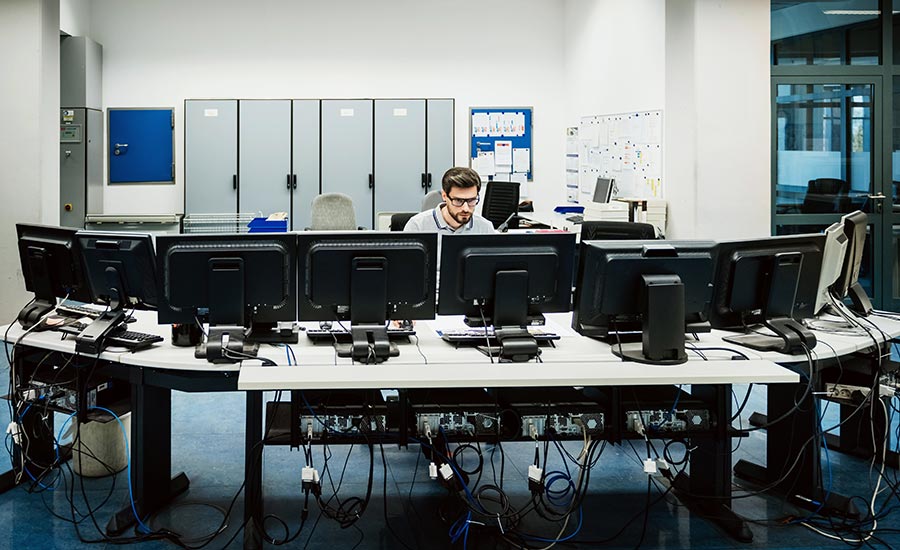At a time when digital threats loom large, businesses are increasingly turning to advanced security measures to protect their assets and data. While technology plays a crucial role in this endeavor, the importance of the human element in managed SOC services is often undervalued. This article delves into how the interplay of human expertise and technological tools creates a robust defense mechanism for organizations against cyber threats.
Contents
The Critical Role of Human Expertise in Cybersecurity
Cybersecurity is not just about implementing the latest software solutions. It’s about realizing the nuances of cyber threats and the behavioral patterns of cyber attackers. Human experts in SOC (security operations center) teams are adept at analyzing these patterns, offering a level of insight and intuition that software alone cannot provide. Their ability to think critically and anticipate the moves of cybercriminals is pivotal in fortifying an organization’s defense systems. Additionally, these professionals continuously update their knowledge and skills to stay ahead of evolving cyber threats, ensuring that their strategies remain effective. They also play a vital role in developing bespoke security protocols tailored to the specific needs and vulnerabilities of their organization.
Leveraging Technology and Human Skills for Enhanced Monitoring
Effective monitoring is at the heart of a well-functioning SOC. While automated tools are essential for tracking and analyzing vast amounts of data, the human element is key in interpreting this data correctly. Experts bring context to the table, differentiating between false alarms and genuine threats. This blend of machine efficiency and human judgment ensures a more accurate and responsive monitoring process. The human team’s ability to understand the subtleties of various alerts and their potential implications is invaluable. Moreover, they provide an essential check against the limitations and potential biases of automated systems, ensuring a more balanced and comprehensive approach to threat detection.
Training and Awareness: Empowering the First Line of Defense
Employees are often considered the weakest link in cybersecurity. However, when properly trained, they can serve as the first line of defense against cyber attacks. SOC teams play a crucial role in educating staff about safe online practices, identifying phishing attempts, and reinforcing the importance of strong passwords. This human-led approach to cybersecurity awareness is crucial for creating a culture of security within the organization. Regular training sessions and updated guidelines help keep employees vigilant and informed about the latest cybersecurity trends and threats.
Incident Response: The Human Touch in Crisis Management
When a security breach occurs, a rapid and effective response is crucial. Here, the expertise of SOC professionals comes into play. They are trained to handle high-pressure situations, make quick decisions, and coordinate a comprehensive response to mitigate damages. Their experience and acceptance of the intricacies of cyber threats enable them to handle crises efficiently, which automated systems alone cannot replicate. The human element also brings empathy and clear communication to the table, essential for managing stakeholder expectations and maintaining trust during a crisis.
Collaborative Efforts for a Stronger Security Posture
The final piece of the puzzle is collaboration. Cybersecurity is not a one-man show; it requires a team effort. SOC teams often work in tandem with other departments to ensure a holistic security approach. This collaboration extends beyond the organization’s boundaries, involving partnerships with external cybersecurity experts and law enforcement agencies. Such a collaborative environment fosters a more resilient and adaptable security posture. Involving diverse perspectives and expertise not only enriches the security strategies but also encourages a culture of continuous learning and improvement.
In conclusion, managed SOC services are not just about the software tools; they encompass a much broader spectrum where the human element plays a crucial role. From analyzing complex data to educating employees and managing crises, the expertise and intuition of human professionals are indispensable. By integrating technological advancements with human insights, organizations can achieve a more comprehensive and effective cybersecurity strategy.

